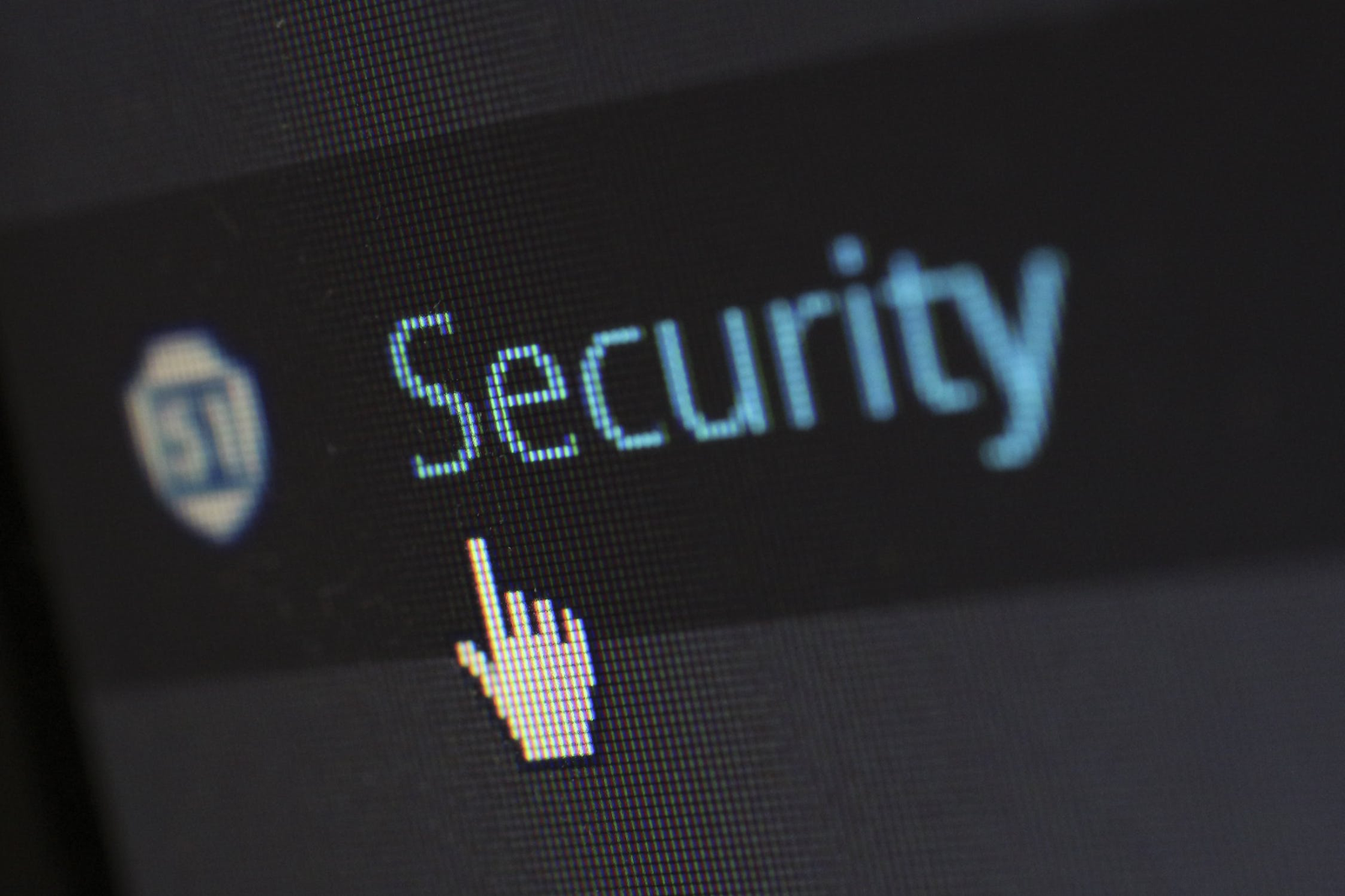The digital age presents different growth opportunities for companies. However, it also brings challenges related to cybersecurity. Today’s threats are more complex and often come from unexpected sources, like social media sites, emails, and mobile apps.
As these technologies continue to grow in popularity, organizations must understand the importance of cybersecurity in the digital age.
Read More: Cybersecurity: Best Ways to Make Your MacBook More Secure
Table of Contents
What Is Cybersecurity?
Oxford dictionary defines cybersecurity as “the state of being protected against the criminal or unauthorized use of electronic data.” In other words, cybersecurity is about preventing cyberattacks on a company’s data and information assets. It’s also about protecting users’ identities and ensuring that sensitive data remains private.
Cybersecurity has become increasingly important as our world becomes more reliant on technology. Proper implementation of cybersecurity measures is essential to business operations. These measures help prevent attacks on your organization’s networks, devices, and applications.
Why Cybersecurity Matters Today
Our personal information and business secrets are valuable commodities in today’s world. With this growing awareness comes an increase in cybercrime targeting individuals, businesses, governments, and even entire countries.
Cybercriminals have become much smarter over time, developing techniques that make them harder to detect and stop. They use malware, phishing scams, and advanced hacking tools to steal data, penetrate networks, and disrupt operations.
These attacks can be devastating, causing millions of dollars in losses and reputational damage. And when you add the cost of fixing the damage caused by hackers, it becomes clear why cybersecurity matters so much today.
With good cybersecurity practices, however, companies can protect themselves from becoming victims of cybercrime. That means preventing breaches and minimizing those attacks’ financial and reputational costs.
Common Cybersecurity Threats
Here are some examples of common types of cyberattacks:
- Malware – Malicious software designed to infiltrate computers without users’ knowledge. It might include viruses, Trojans, spyware, adware, etc.
- Phishing Scams – Phishing scams trick people into giving up usernames, passwords, credit card numbers, bank account details, etc.
- Social Engineering Attacks – Social engineering attacks involve deceiving someone into doing something malicious. For example, attackers may try to get employees to disclose sensitive information through emails, phone calls, text messages, etc.
- Denial-of-Service (DoS) Attack – A DoS attack involves overwhelming targeted systems with requests, making them unable to respond to legitimate traffic.
- Distributed Denial-of-Service Attack (DDoS) – DDoS attacks use multiple computers or machines to flood a targeted resource. This makes it hard for legitimate users to access the site.
How Can I Improve My Organization’s Cybersecurity?
Organizations need to take steps to protect themselves from cyber threats. This includes securing devices, applications, systems, and people who access data. There are many ways to do this:
1) Define policies and procedures that govern IT security practices.
Having good policies in place can help you avoid common mistakes when it comes to cybersecurity. For example, you can have policies such as “No sensitive information should be stored on mobile devices” or “All employees must use a password manager.” Data engineers can also create policies to ensure that all developers adhere to best practices for writing secure code.
2) Keep up-to-date antivirus software.
Antivirus is an important part of any organization’s cybersecurity strategy because it protects against viruses, spyware, malware, and other malicious code. It also helps prevent phishing attacks by scanning emails for known threats. Whether you’re a big company or a small business, antivirus software will keep your system running smoothly.
3) Use strong passwords and two-factor authentication.
Online profiles are often used to gain unauthorized access to accounts. Strong passwords are one way to deter hackers. Two-factor authentication adds another layer of protection.
With two-factor authentication, users log into their accounts with their usernames and password. Then, they enter a second verification code sent via text message or email. Hackers won’t know the code unless they have access to the user’s phone or email account.
4) Train employees to spot potential scams.
Cybercriminals may try to trick individuals into downloading harmful apps through social media, email, websites, and even text messages. Employees should learn what constitutes a scam and how to recognize them. They should also practice safe browsing habits online, including using only trusted sites and apps.
5) Maintain a backup plan in case something goes wrong.
The best way to secure business data is to back it up regularly. Backups can be done manually or automatically. The most convenient option is automatic backups that occur daily at certain times. You’ll want to ensure that your backups are secure so that you won’t lose valuable information if anything happens.
The Bottom Line
Cybersecurity will continue to be a thread for everyone in the digital age. As technology evolves, cyberattacks will also increase. Understanding the basics of cybersecurity is crucial to stay ahead of these evolving threats. You should also know the importance of cybersecurity nowadays. By following the tips above, you can better prepare yourself for any cyberattack.


